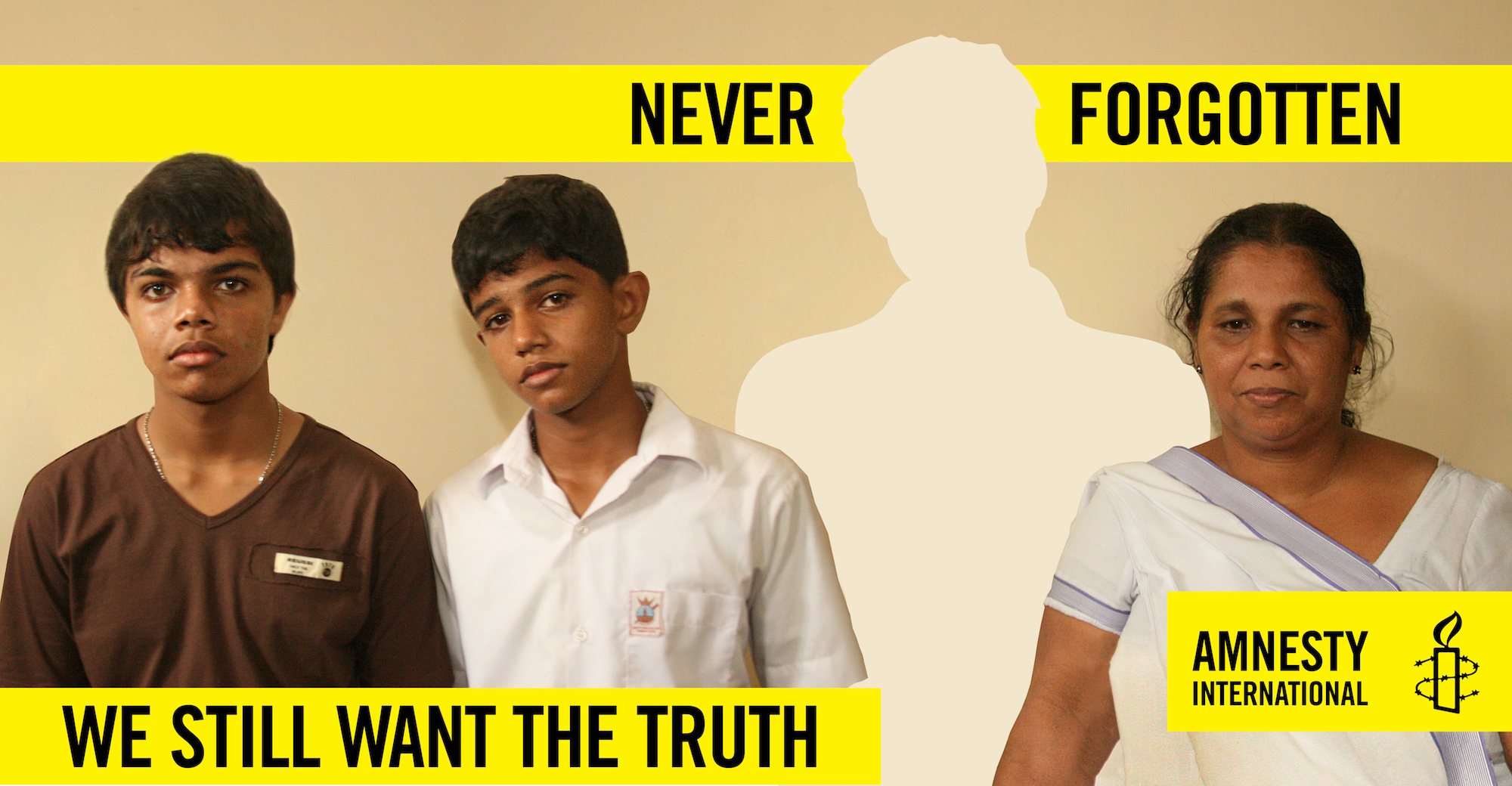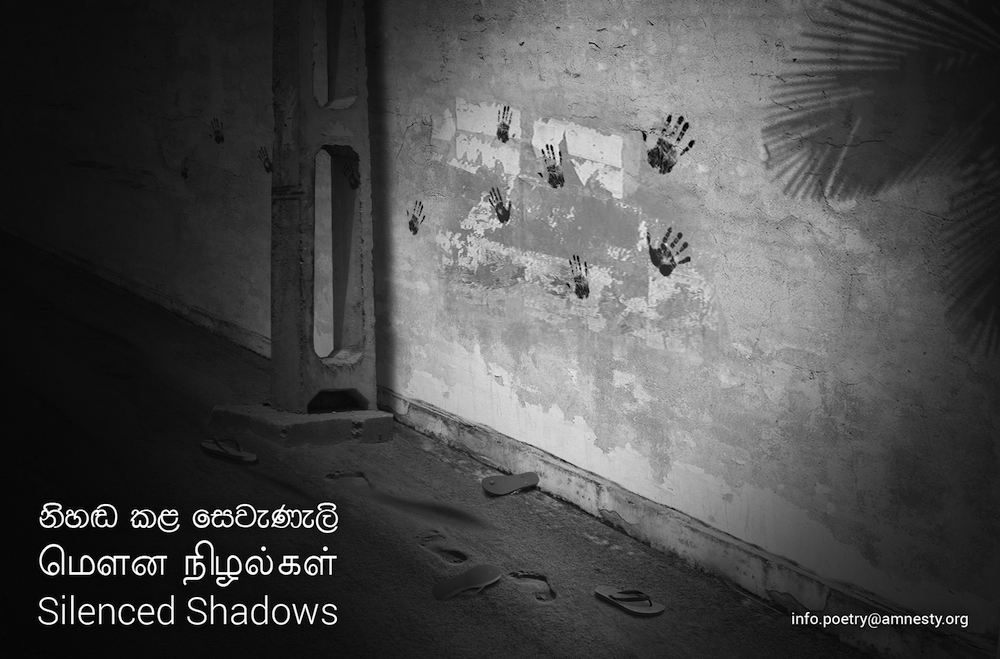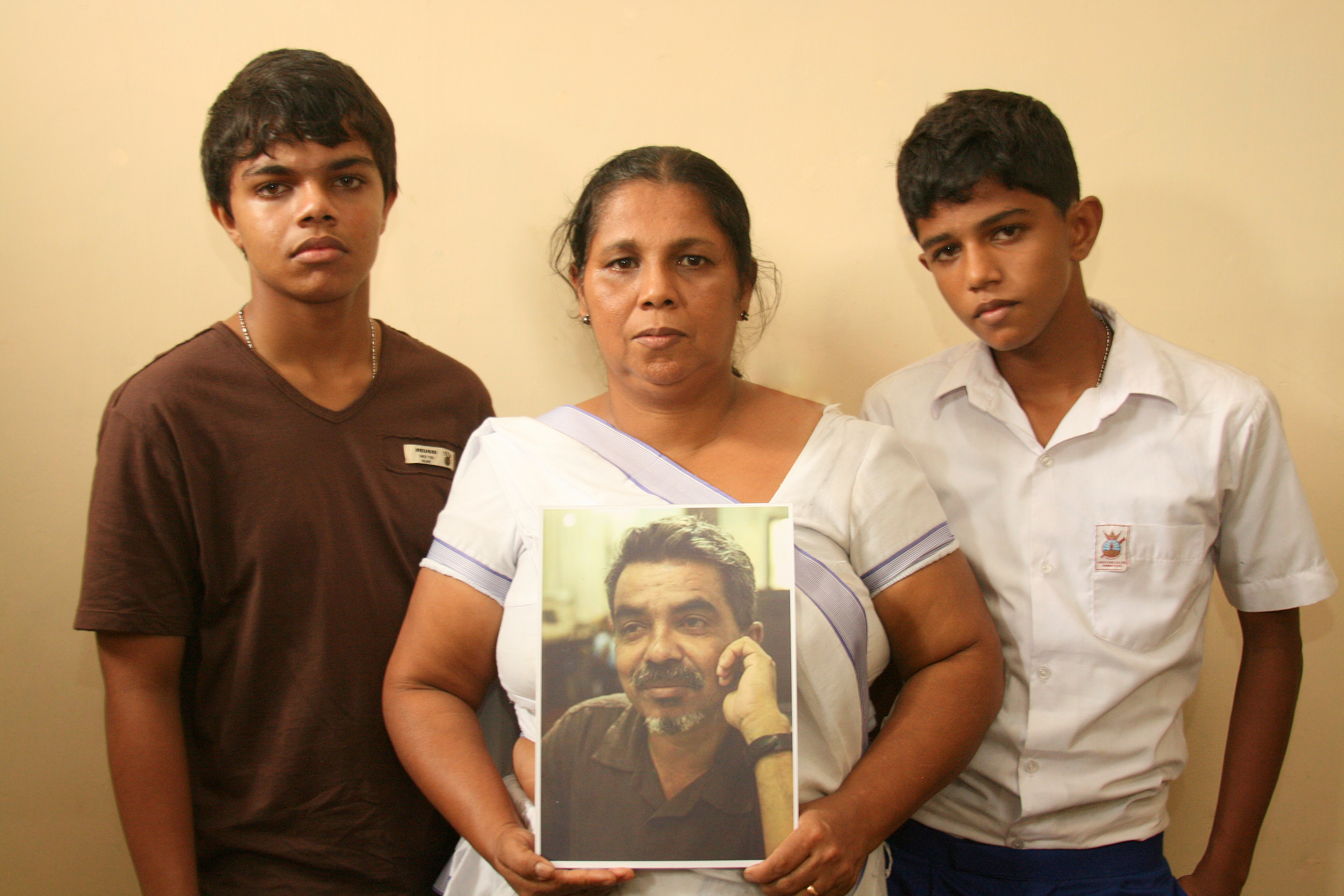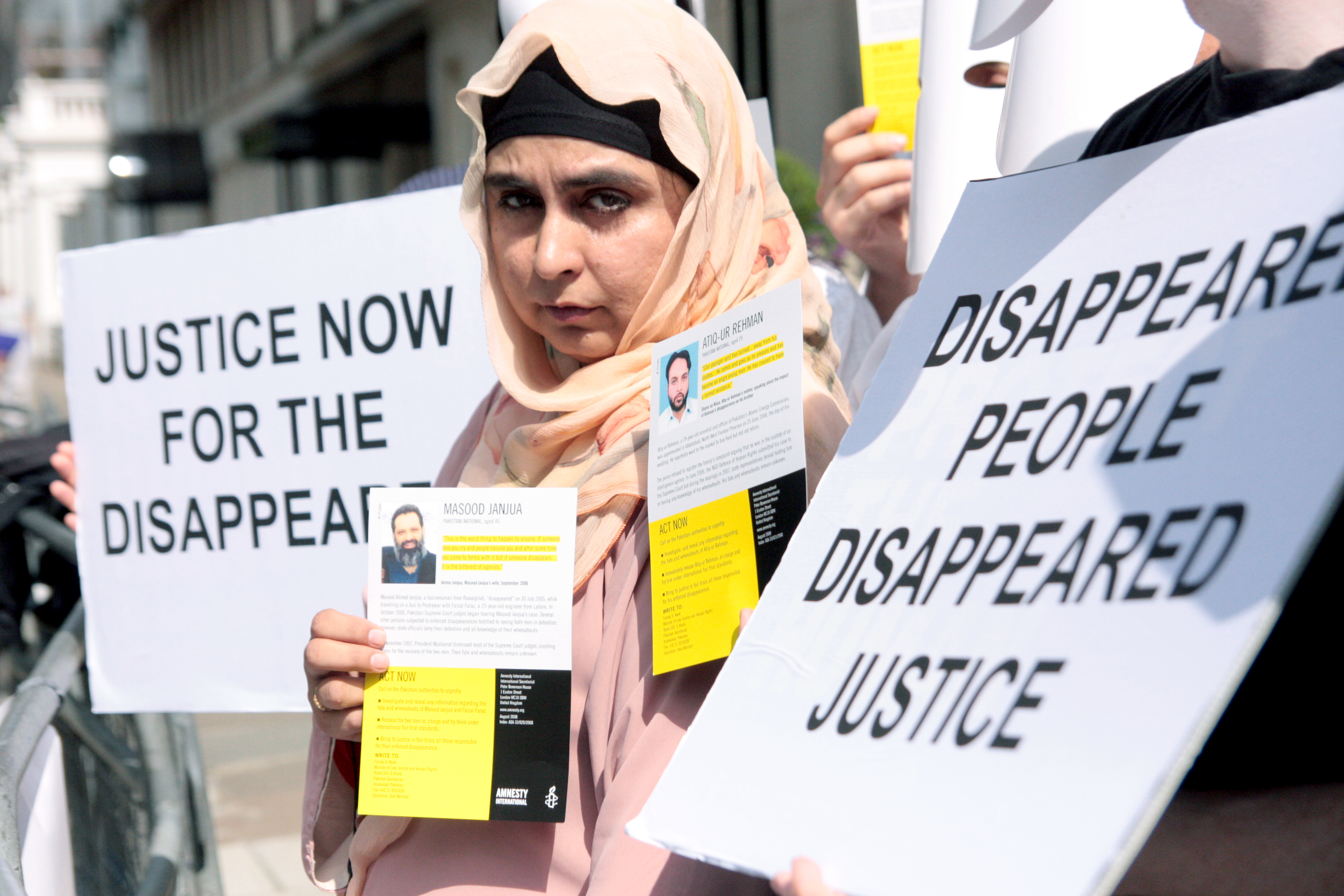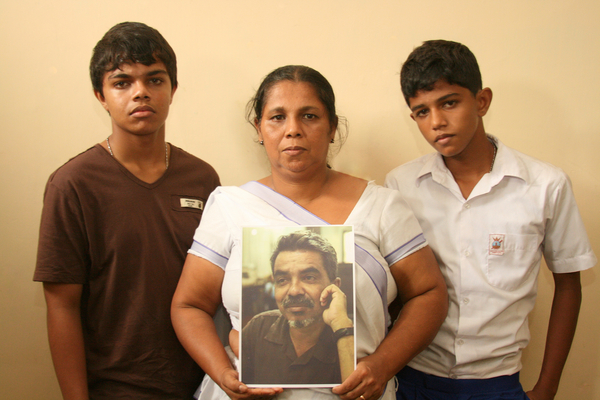
“I am dying bit by bit. Sometimes when I set off on the road, I wish that a vehicle would hit me.” – Mother of disappeared youth
Over the last 30 years, Sri Lanka has been wracked by two separate conflicts: an insurrection in the late 1980s within the majority Sinhalese community and a 26-year civil war with the separatist Liberation Tigers of Tamil Eelam seeking an independent state for the island’s Tamil minority. Both sides in each conflict committed gross human rights abuses, including political killings, torture and abductions and enforced disappearances. The Sri Lankan government has acknowledged having received over 65,000 disappearance complaints since 1994. SEE THE REST OF THIS POST
